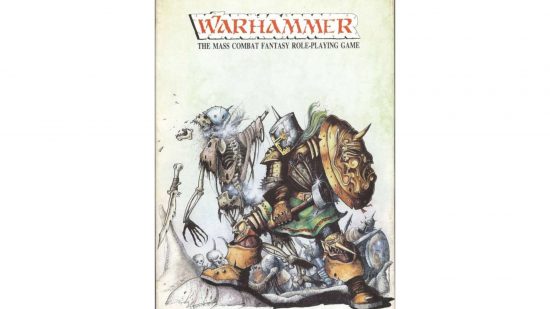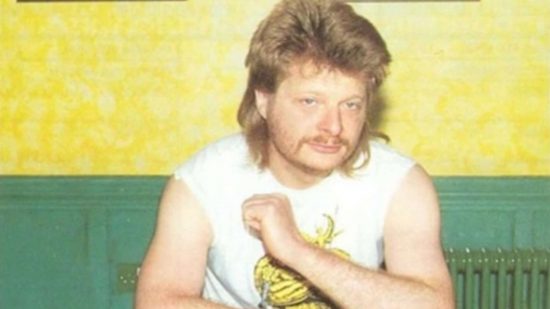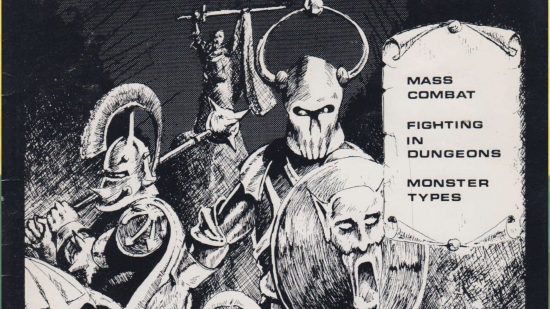Bryan Ansell, the man who made Warhammer the heart of Games Workshop’s business, has died. Bryan’s wife Diane announced on 30 December that he “passed away peacefully at home this morning surrounded by his family”, via their shared Instagram account.
Ansell was responsible for Games Workshop’s transformation from an importer, distributor, and retailer of board games and RPGs, into a manufacturer of miniature wargames. He co-authored the first edition of the Warhammer Fantasy Battle wargame, and made the Warhammer IP the focus of Games Workshop’s creative output.

Ansell’s start in the gaming industry was co-founding fantasy miniature maker Asgard Miniatures in 1976, alongside Steven Fitzwater and Paul Sulley.
These minis attracted the attention of Games Workshop’s founders Ian Livingstone and Steve Jackson, and in 1978 they collaborated with Ansell to found Citadel Miniatures, a subsidiary that produced miniatures exclusively for Games Workshop from a base in Newark in the East Midlands.
Citadel fast became the most profitable part of Games Workshop. Ansell took over management of the firm from Jackson and Livingstone, who were all too happy to devote more time to the lucrative Fighting Fantasy game book series they were writing for mainstream publisher Puffin.
Ansell began a concerted effort to refocus the business around the manufacture and sale of its own miniatures. Warhammer Fantasy Battle was a key part of this effort. While Games Workshop’s models were marketed as DnD miniatures, Ansell reasoned (quite correctly) that people would buy a lot more of them if they had a wargame to play with them.
Ansell’s design goals for the game were fairly simple – it must allow players to use every model that Citadel currently produced, and it must only use D6s, which everyone would have access to. The game, published in 1983, was hugely successful. YouTubers Snipe and Wib give an excellent rundown on what the original edition of the famous wargame was actually like:

Ansell bought out Livingstone and Jackson in 1985, and soon consolidated the firm’s operations to Newark. This caused some umbrage among staff at the firm’s original London office, particularly the then-editorial team of White Dwarf.
The first letters of items on the contents page of White Dwarf #77, published in 1986, spell “SOD OFF BRYAN ANSELL”, and an advert in the back of the magazine shows a gravestone with the prediction “Games Workshop Publications R.I.P.”.
While Ansell was not involved directly in 1987’s Warhammer 40k Rogue Trader, many concepts in it – from power armor, to boltguns, to techno-feudalism – had appeared in 1980’s Laserburn, which Ansell co-authored with Halliwell. You can learn more about that here:

Ansell sold his holdings in Games Workshop in 1991, but remained part of the wargames industry. In 1983 he had started a separate miniature manufacturer, Wargames Foundry, as a retirement activity for his father. As Citadel had cycled out non-Warhammer miniatures from its ranges, Foundry had acquired the molds and rights, and many early Games Workshop models are still available from the firm today.
Ansell remained an active part of the ‘Oldhammer’ community of retro wargamers to the end of his life, hosting the annual “Bring Out Your Lead” convention at the Wargames Foundry premises each year.
For another retrospective on a Games Workshop legend, read about John Blanche’s retirement here.

